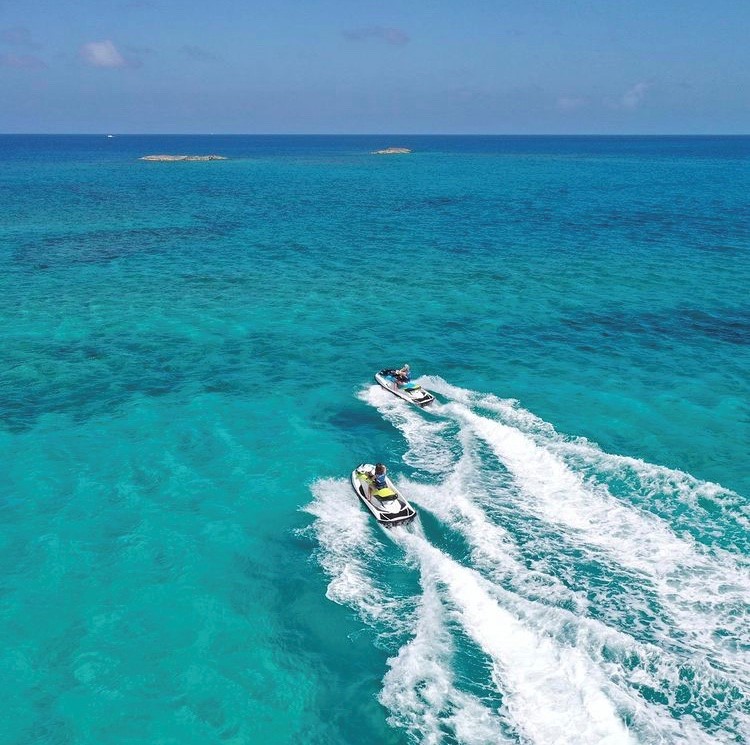In the competitive superyacht industry, aspiring and seasoned Deckhands are increasingly realising the importance of distinguishing themselves through additional skills. One such skill is a Power Boat Level 2 qualification. However, we must emphasise the difference between possessing this certification and actually having practical drive time. Wilsonhalligan Recruitment is here to explain why real-world experience matters.

Power Boat Qualifications For Deckhands
The Power Boat Level 2 qualification is a prerequisite for aspiring superyacht deckhands. With this, you can operate powerboats up to 10m in length with any horsepower engine. This course encompasses theoretical knowledge and practical skills related to:
- power boating
- covering safety measures
- navigation techniques
- handling of various tender types
While theoretical knowledge is important for a foundational understanding of safe boat handling, passing exams does not necessarily translate to proficiency in real-world power boat operation.
Valuable Driving Experience
While power boat qualifications ensure a basic level of competency, they often lack the experiential depth required for superyacht deckhands. Real drive time experience is invaluable, offering insights into adapting to diverse conditions, tackling unexpected challenges, and making swift decisions in dynamic environments.
Can You Get Driving Experience On The Job?
Not every superyacht provides the chance to get real drive time experience on power boats.
Some yachts may have specific requirements, policies, or time constraints. However, it’s good to show eagerness to learn these skills – even outside working hours. Seeking opportunities to be taught and mentored by the Chief Officer demonstrates a commitment to advancing deck skills, paving the way to becoming a well-rounded deckhand.
While power boat qualifications ensure a basic level of competency, they often lack the experiential depth required for superyacht deckhands.
Why Real Drive Time Matters
- Handling Different Tenders: Real experience on various power boats allows deckhands to adapt quickly to tenders of different sizes and drive types.
- Navigational Skills: Practical experience refines navigational skills, especially in challenging conditions like congested harbors, adverse weather, and tight docking spaces—common scenarios on superyachts.
- Seamanship: Hands-on experience imparts valuable seamanship skills, including knot tying, line handling, and boat maintenance. These are essential for daily superyacht tasks.
- Problem Solving: Operating power boats exposes deckhands to challenges and emergencies, bolstering problem-solving skills and the ability to stay calm under pressure.
- Safety Awareness: Practical experience enhances safety awareness, which is great for accident prevention and effective response to emergencies, given the high-value assets and passengers on superyachts.
While power boat qualifications are a great starting point for securing a Deckhand position, the true differentiator lies in hands-on experience gained through actual drive time.
Practical knowledge equips deckhands with the skills and confidence needed to excel in the demanding and unpredictable world of superyachts. Therefore, aspiring superyacht deckhands should not only obtain their power boat qualification but actively seek opportunities to accumulate real drive time experience, ensuring they are well-prepared to thrive in their roles.
Visit Wilsonhalligan Recruitment’s website here: https://www.wilsonhalligan.com/

To keep up to date with the latest Superyacht Content News, click here.
Sign up to our Newsletter below:













.gif)







